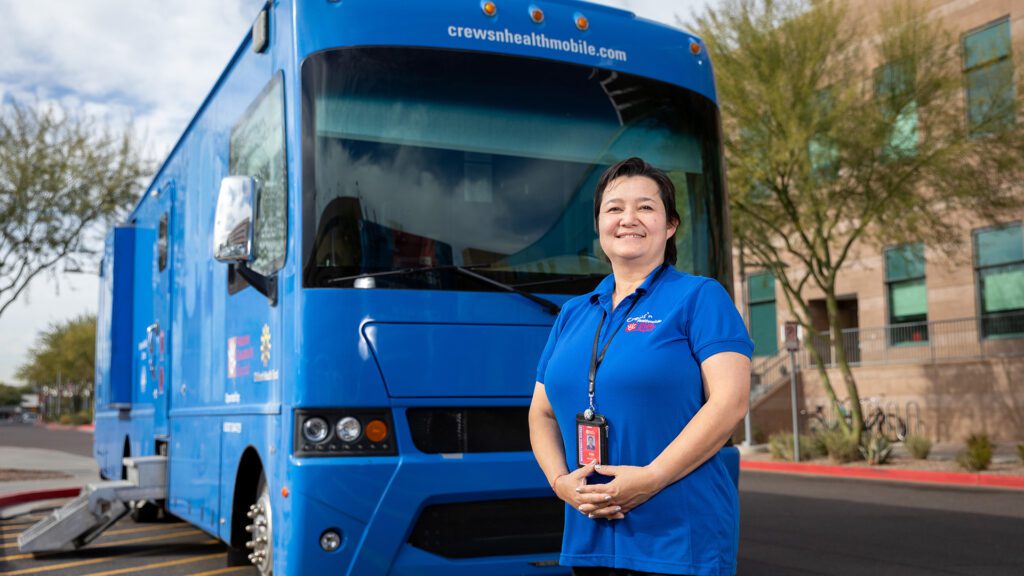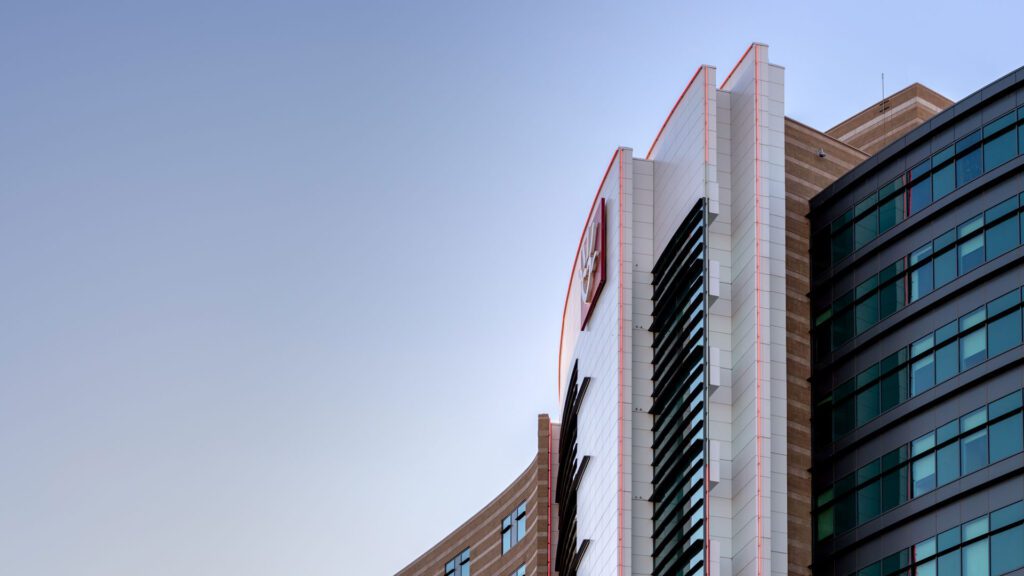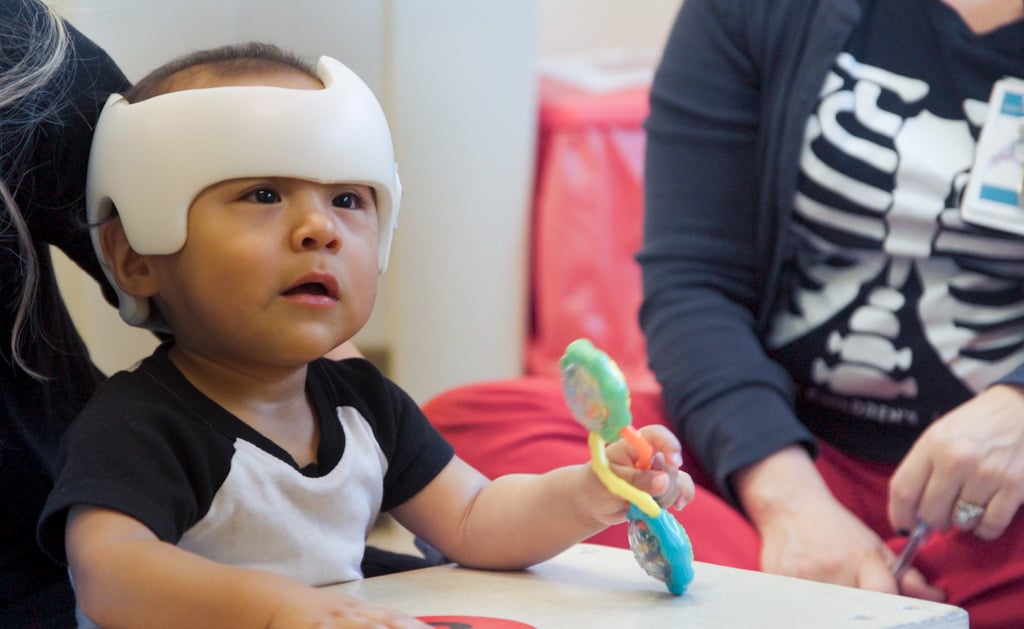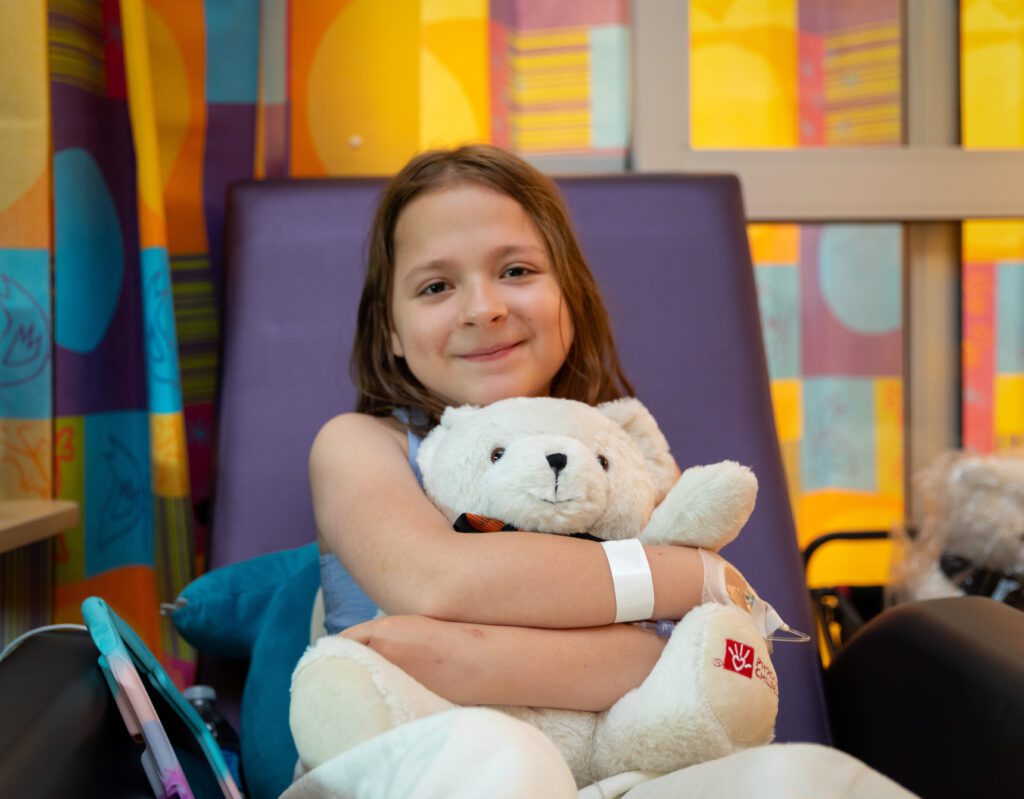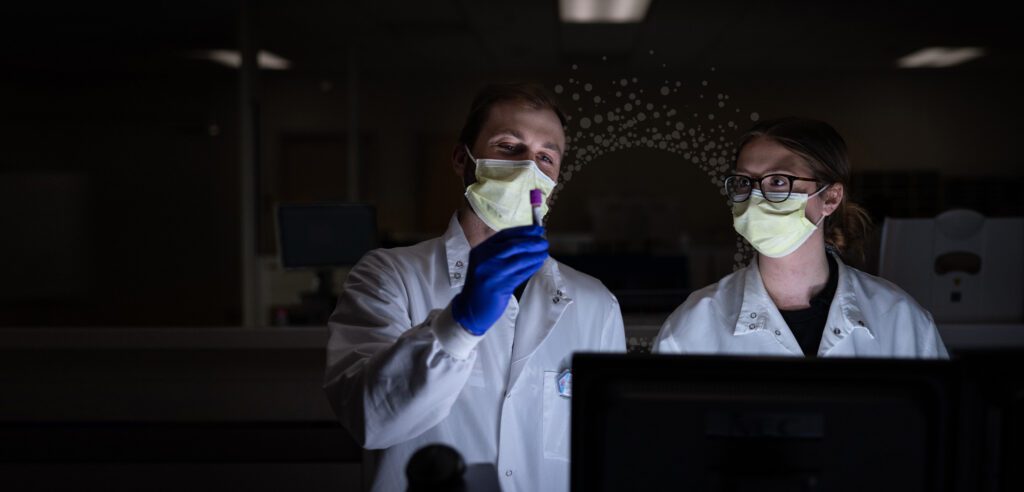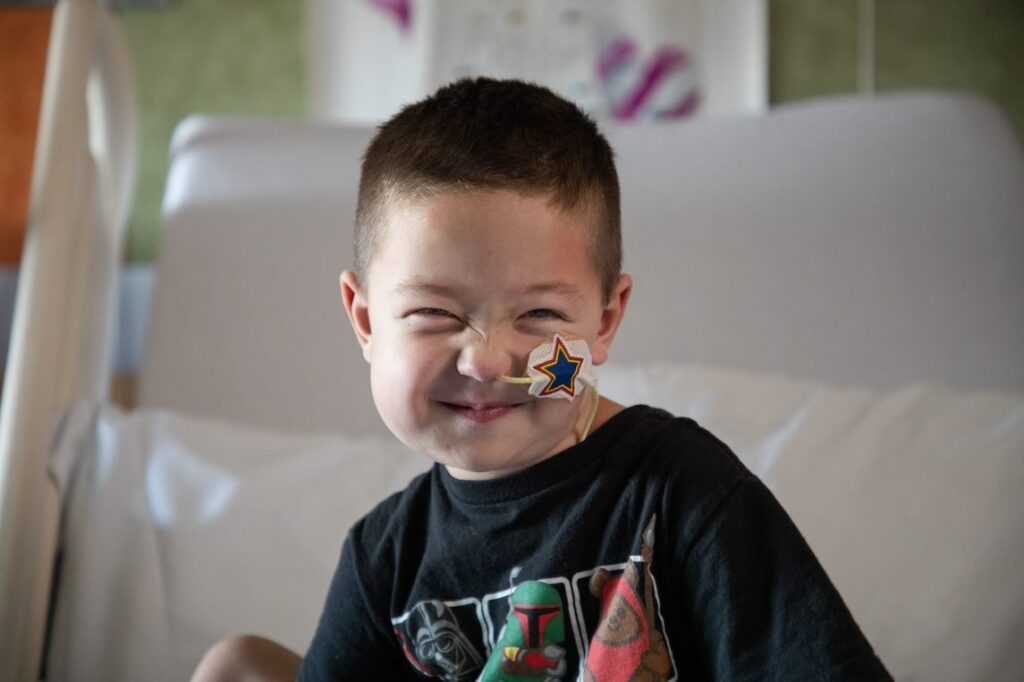For children and families navigating complex health care needs, challenges can arise even under the best of circumstances. Factor in complications such as trauma from abuse, mental health problems, food insecurity, bullying or homelessness, and it is clear why Arizona’s children are struggling.
The immediate need
The percentage of children in Arizona with two or more adverse childhood experiences (ACEs) is well above the national average. ACEs are traumatic events, such as experiencing or witnessing violence, abuse or neglect; losing a family member to death, divorce or prison; or having a caregiver who has a substance use disorder or mental health problems.
Children who encounter ACEs during pivotal developmental stages grow up to be adults who lack the tools needed to overcome the lasting impacts of their childhood trauma. They’re also at increased risk for chronic disease and mental health challenges. And yet only 40% of children in Arizona have access to the mental health care they need.
Today, thousands of the state’s most vulnerable youth desperately need access to comprehensive care that includes mental health services. Phoenix Children’s is working to change that with a new approach that focuses on integrated care.
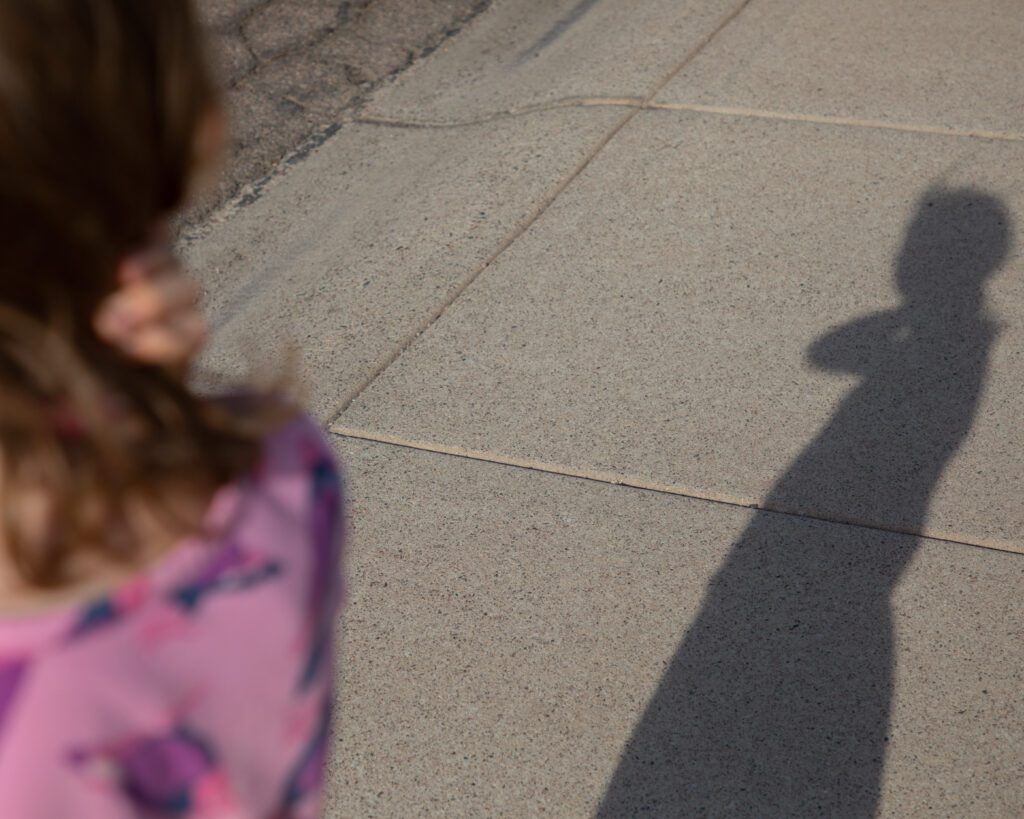
Integrated, holistic care
The newly established Center for Child and Adolescent Resiliency (CCAR) will create an integrated health care model in which vulnerable children and their families have easy access to physical and mental health care, social services and more, often all in one place.
“We offer all of these services now,” says Jared Muenzer, MD, MBA, Physician-in-Chief and Chief Operating Officer of Phoenix Children’s Medical Group, who is spearheading the center’s development. “What we’re looking to do with the center is aggregate these services, expand them and make them easier to navigate for families operating under already challenging circumstances.”
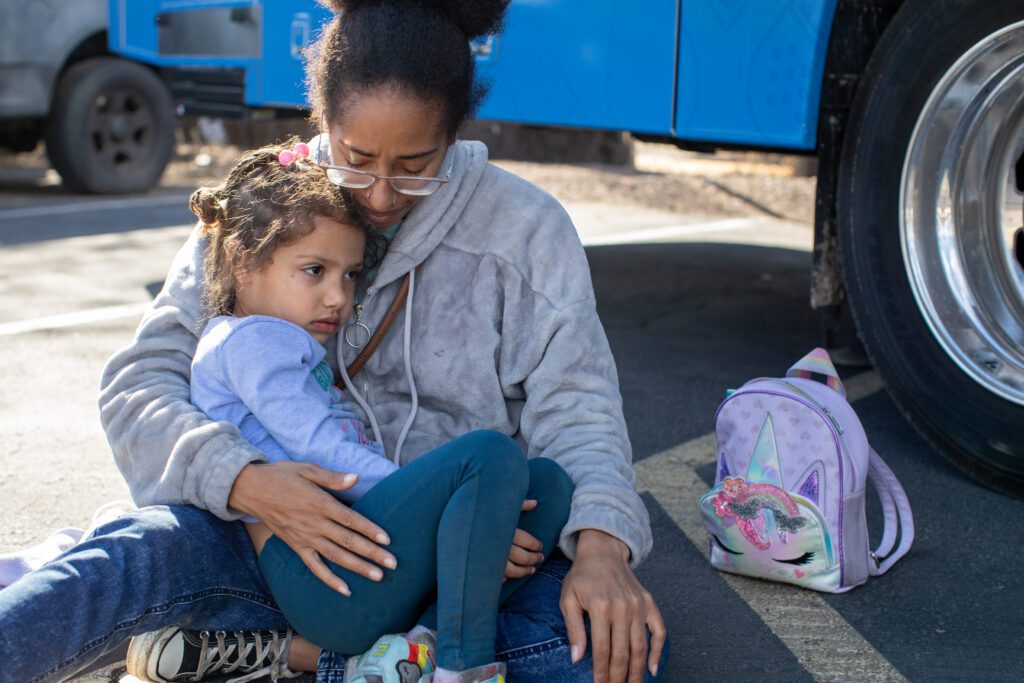
CCAR brings together eight Phoenix Children's divisions and programs that serve vulnerable children and families.
• Homeless Youth Outreach
• Primary and Complex Care
• Inpatient Complex Care
• Behavioral Health
• Palliative Care
• Child Protection
• Adverse Childhood Experiences
• Adolescent Medicine
As a virtual center, CCAR won’t have a physical location, but it will offer a seamless experience for patients. A large part of that will come from centralized care navigation, in which patients and their caregivers will be matched with a care navigator who will be a single point of contact to help them:
- Find trauma-informed care providers and specialists, including mental health providers
- Enroll in a health plan, if necessary
- Schedule coordinated appointments to reduce trips to the hospital campus
- Identify barriers to health—such as food, housing insecurity and transportation issues—and connect them with social and legal services
- Empower families to participate in their care through consistent contact, coaching and support
CCAR Medical Director Prabodh Hemmady, MD, describes it as a holistic approach. “The traditional approach has all of these things sort of separated, which only makes it more difficult for families who are already dealing with significant adversities to access,” he says. “What we envision is taking a more holistic point of view, looking at the influences in children’s lives that are impacting not just their health but their overall quality of life and how we can alleviate them.”
The CCAR will bring mental health services into the mix from the beginning.
“There’s a saying I like and it’s, ‘There’s no such thing as health without mental health,’” says Carla C. Allan, PhD, Hagenah Family Endowed Chair and Division Chief of Psychology. “Mental health is critical to long-term outcomes. And what we’re doing here is embedding mental health specialists into the settings in which patients are receiving their medical care.”
One Family Answers the Call
Thanks to a generous gift from Susan and Phil Hagenah and their family, the Center for Child and Adolescent Resiliency will help make mental health care more accessible to vulnerable children and adolescents.
Read more about the Hagenahs' gift and the impact they hope it will have.
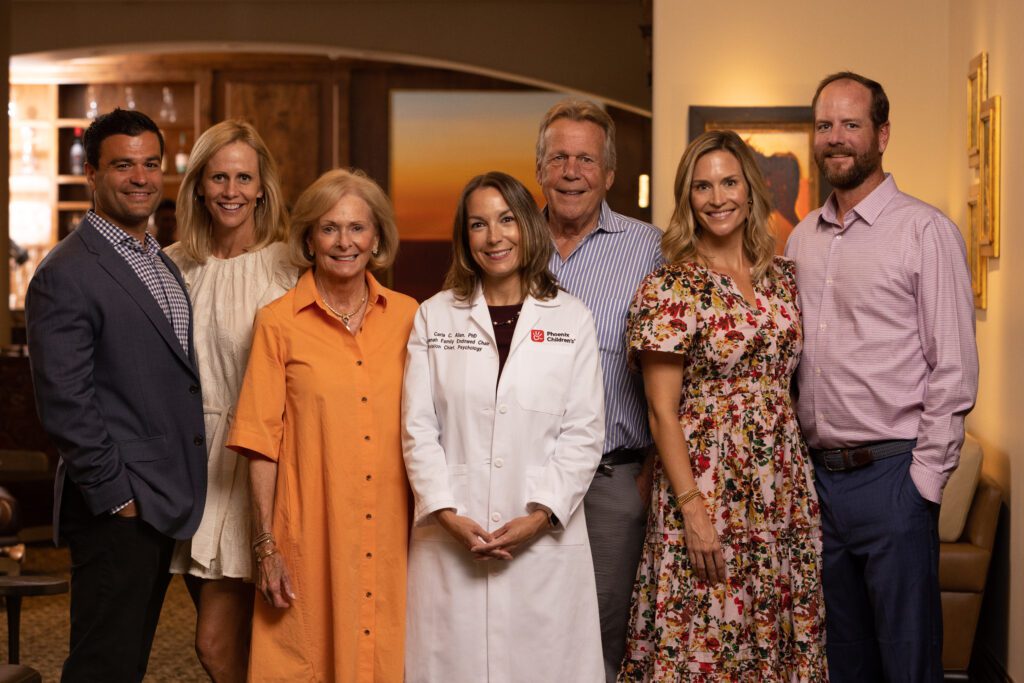
A brighter future
As the preeminent children’s hospital in Arizona, Phoenix Children’s is uniquely positioned to help reduce the negative effects trauma and childhood adversities have on children. In fact, it’s the innovative program staff that are making CCAR possible, Dr. Muenzer says.
“I’m extremely proud of the phenomenal group of leaders who are coming together to provide the best, most integrated care possible to our most vulnerable patients,” he says. “With support from the community, you’re going to see this center take off, and you’re going to see us develop some amazing things.”
Julia Soto, Phoenix Children’s Medical Group Operations Administrative Director, agrees community support is vital to the center’s success, as many of the services the program is planning to offer aren’t covered by insurance. She and the center’s other leaders have a goal of CCAR one day being self-sustainable, once they can accumulate enough data to show payers that their services reduce overall care costs and improve patient outcomes. In the meantime, though, Soto is grateful for every supporter.
“Philanthropy is what’s allowing us to think outside the box and develop a center that will
be able to address the many different needs of our children and families,” she says. “Without community members believing in them, the kids that are most in need of support might not get the chance to be the best version of themselves.”
The Center for Child and Adolescent Resiliency won’t get off the ground without your support.


